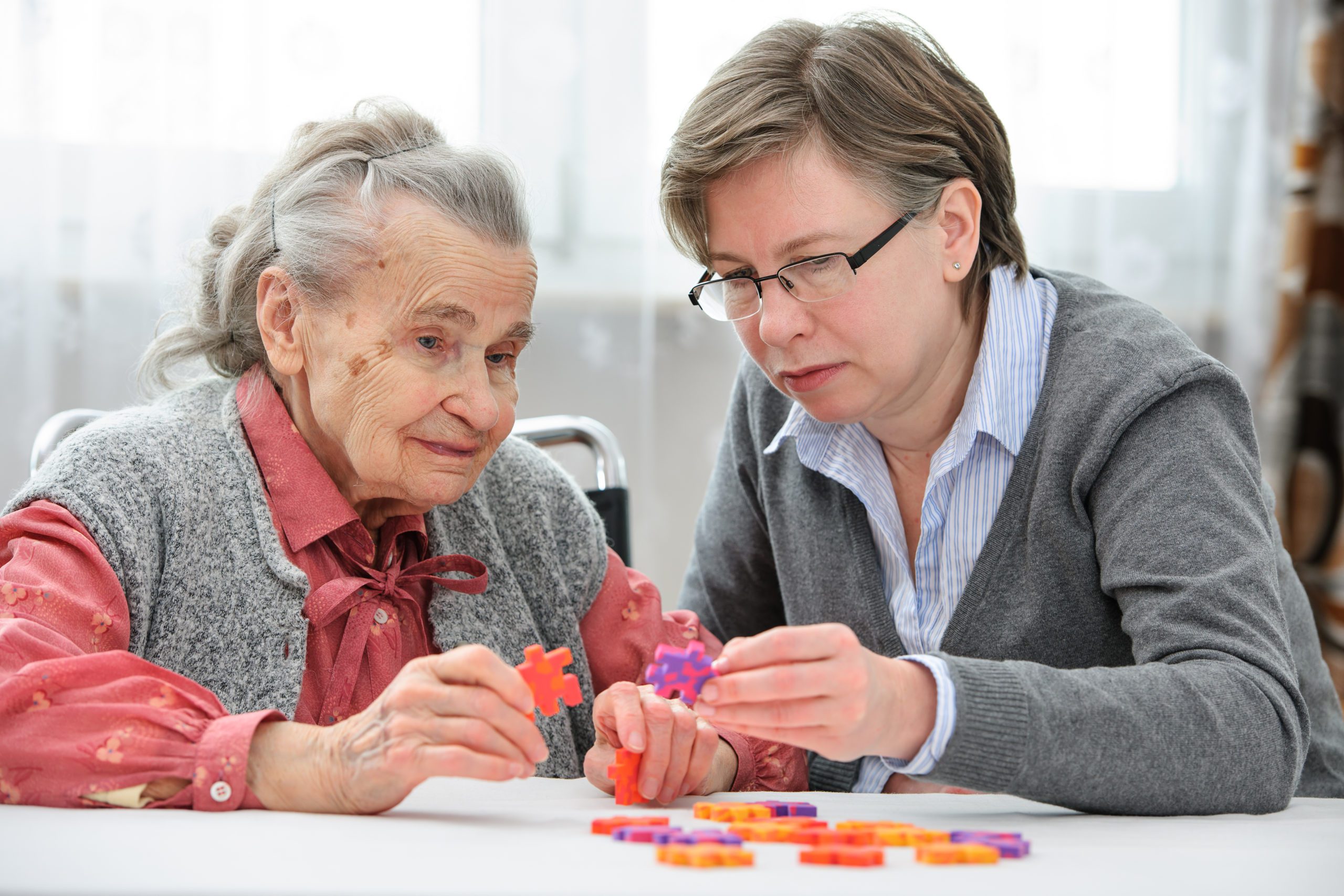
DIMENTIA CARE PRACTICE RECCOMENDATIONS
“Caring for someone with Alzheimer’s disease or any other type of dementia can be a deep, painful, and heavily emotional journey. But you’re not alone, though.”
Dementia care is exhausting, but it may not be as difficult as you would anticipate. Whether you’re caring for a parent or an elderly loved one with Alzheimer’s disease or the other type of dementia, or an elderly care professional approaching your role with some awareness – the right mindset is crucial.
Educating yourself about dementia and keeping a good but realistic behavior helps to maintain control as a care provider. It can bring the best out of the uncommon challenges you face, and it can enhance the care you provide.
Challenges of Alzheimer’s and dementia care
- Overwhelming emotions as your loved one’s capabilities decrease.
- Fatigue and exhaustion.
- Isolation and loneliness.
- Financial and work complications
Rewards of Alzheimer’s and dementia care
- Your bond with the patient deepens through care, companionship, and service.
- Your problem-solving and relationship skills improve.
- You form new relationships through support groups.
- Unexpected rewards develop through compassion and acceptance.
Learn More: 10 Signs Death Is Near Alzheimer’s
6 CARE PRACTICE RECCOMENDATIONS FOR SOME ONE WITH DIMENTIA
Here are a few important facts to recognize when entering your role of caring for somebody with dementia:
- Stay calm
Some patients usually have a high level of anxiety, particularly when they are introduced to different activities, adjustments in their routine, or loudness. It isn’t always easy to identify when patients feel stressed since they may not be able to express their anxieties. They may be acting aggressively towards their caretakers.
It’s vital to know that patients can feel stress and anxiety. If you are clearly stressed or irritated, your patient could become more upset. Observe your patients’ facial expressions for signs of stress and keep calm when addressing a patient who has trouble adapting to a different challenge.
- Patience is key
You might not be able to comfort a frustrated patient instantly. Occasionally patients get into a trance and can’t see a way to listen; sometimes they will not want to pay attention. A new person can sometimes ease an angry patient, so request a colleague to help you if you can’t help a patient on your own.
It also helps to use basic guidelines. Repeat instructions simply and politely until your patient is able to understand. Don’t finish your guidance with “Okay?” “Because patients can become aggressive and react with “no.”
- ACCEPT SUPORT
If you’re caring for someone in your family, don’t ever worry about asking for help. Many families find care providers extremely helpful. Professional care providers bring families to a group setting in order to understand what the other one is going through. It also enables families to understand and learn about what is working for caregivers. Similarly, professional caregivers should not be hesitant to speak to a colleague for support when they are faced with an incredible challenge or a tough situation. Caring for someone with dementia is not easy, and there will definitely be times when professional caregivers need support or someone to discuss.
- Understand the fact that Dementia is more than a memory loss
Memory loss is a major sign of dementia. But certain types of dementia express themselves as a shift of personality instead of a memory loss. Symptoms rely heavily on the parts of the brain that are harmed by the disease Even though memory loss is the most evident symptom, the person with dementia is suffering a psychological decline which can result in a lot of other issues. A patient may develop complicated habits and mood swings. Grandma, for example, may begin to scold like a sailor. Or a caring gentleman may start to believe that his family is planning against him or experiencing other illusions and panic attacks.
- PLAN FOR THE FUTURE
The only unavoidable is change when you’re caring for somebody with dementia. Never become too used to the status quo. This means that family caregivers must plan and prepare for a time when their loved one may need professional memory care. This includes both financial preparation and the analysis of the most appropriate care options available.







